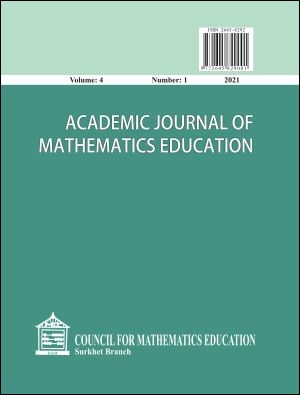Constructive Learning Approach in Mathematics Education: Challenges and Possibilities
DOI:
https://doi.org/10.3126/ajme.v4i1.45583Keywords:
Construction, child-centered, critical thinking, problem-solving, perceptionAbstract
A constructive learning and instruction approach has been proposed as an alternative and latest scientific model, which is implicit in all behaviorist and some cognitive approaches to education. The major concern of this study is to analyze the theoretical views and challenges of the constructive learning approach in the mathematics classroom. This research is qualitative and does not use any primary data. The findings of the research are based on in-depth study and analysis of various articles, researches, books, and conference papers presented at various conferences published nationally and internationally as secondary data. The constructive learning approach encourages students to learn the information themselves, it helps students explore the knowledge themselves, it seeks to make students more aware, it develops more powerful thinking teaching and classroom environment, and it improves the students’ performance in various fields. Whereas the traditional learning approach has always been teacher-centered learning.
Downloads
Downloads
Published
How to Cite
Issue
Section
License
© Academic Journal of Mathematics Education




